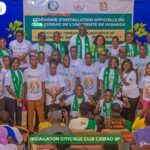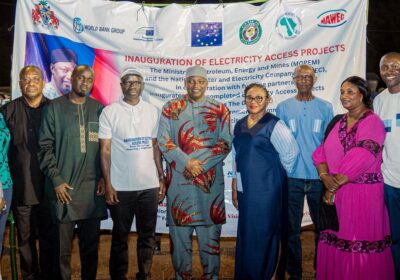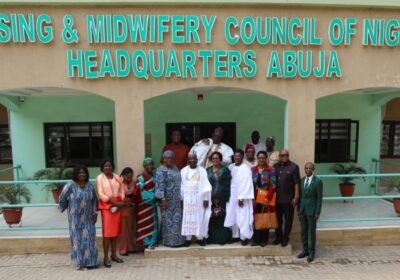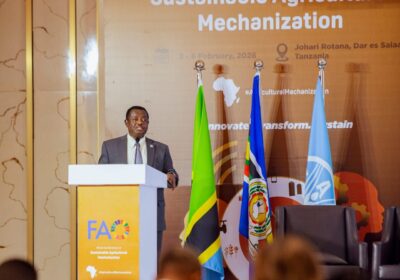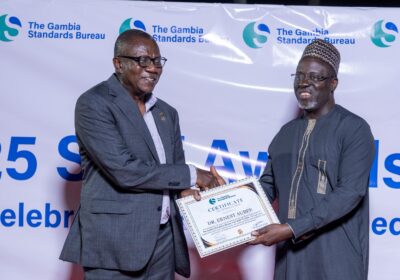FAO, FPMU Commend Taraba ACReSAL After Extensive Project Inspection.
By Raymond Enoch
The Taraba State Agro-Climatic Resilience in Semi-Arid Landscapes (ACReSAL) project has received high level commendation from the Food and Agriculture Organization (FAO) of the United Nations and the Federal Project Management Unit (FPMU) after a four-day field assessment tour across key project sites in the state. The joint monitoring mission, which concluded on October 3, 2025, in Jalingo, the state capital, was aimed at evaluating progress made in the ongoing efforts to combat land degradation, promote climate-smart agriculture, and strengthen community resilience through sustainable land and water management.
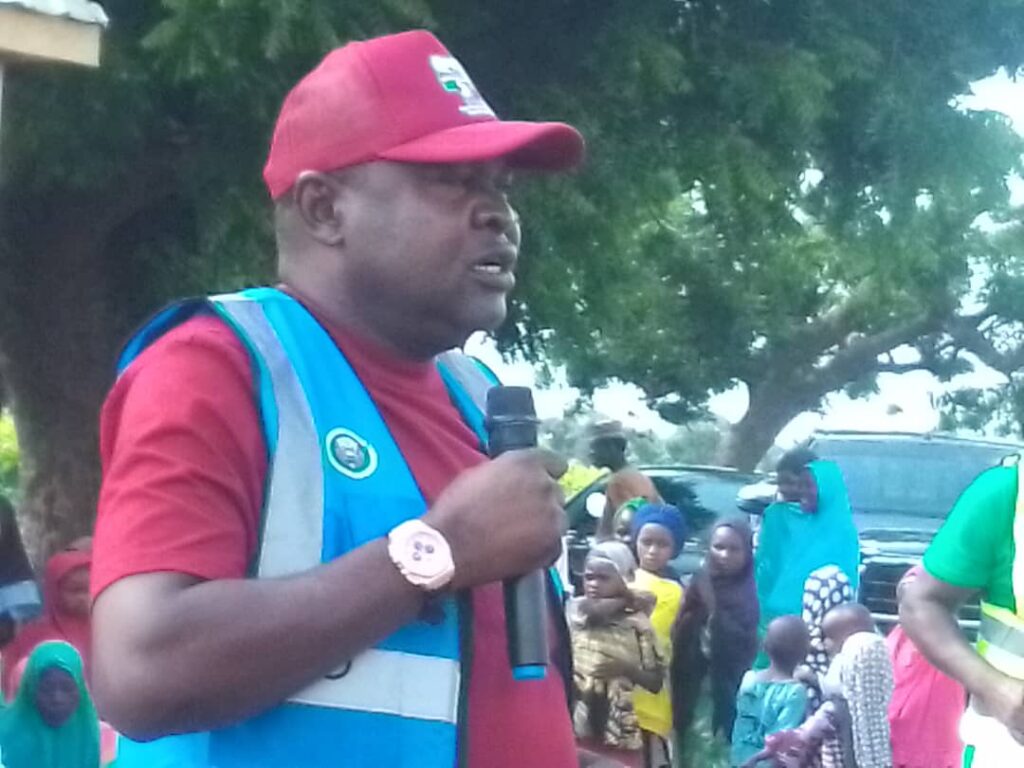
The delegation, led by FAO Coordinator Engr. Precious Agbesor and the State ACReSAL Coordinator Dr. Clement Yakubu Giwa, visited three local government areas—Zing, Bali, and Gassol—where various agroforestry interventions, particularly the planting of non-timber economic trees, have been implemented. Communities visited included Yakoko in Zing, Garba Chede in Bali, and Yerima 1, Yerima 2, and Namnai in Gassol, with each stop featuring community engagement, courtesy visits to traditional rulers, and detailed inspections of project investments.
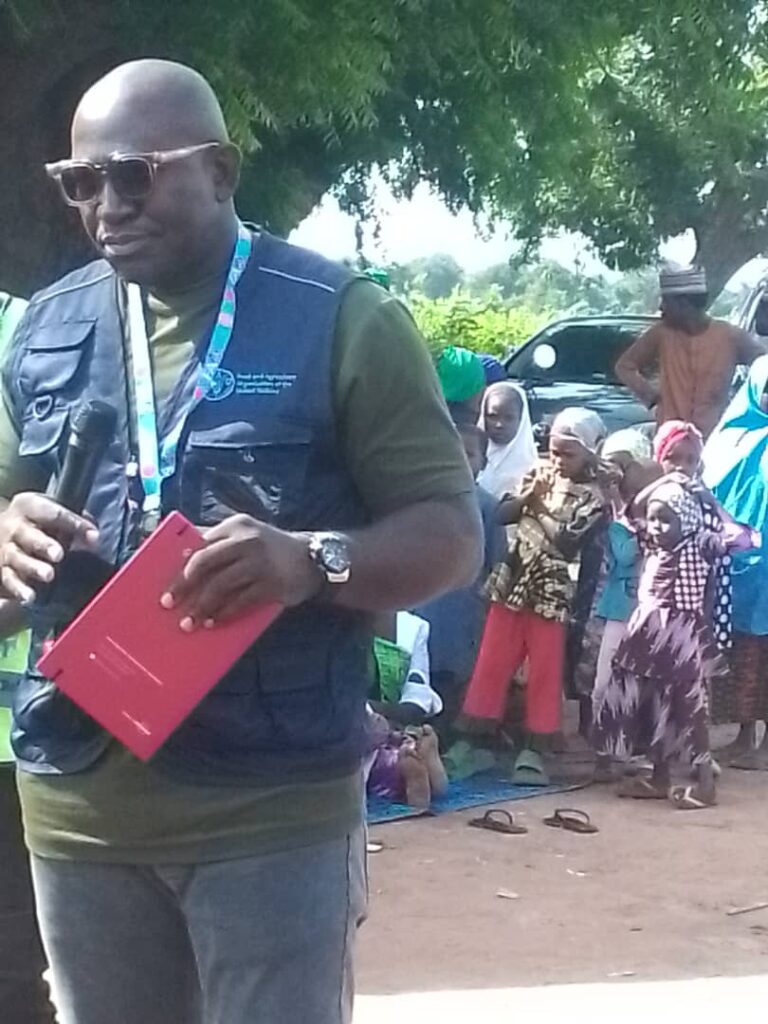
The field trip kicked off with a visit to Yakoko, where the team paid homage to the Chief of Yakoko, HRH Gregory Bonzena, before engaging with residents at the Yakoko Central Primary School. They later proceeded to the Dabung Forest Reserve to assess tree planting activities in the area. On the second day, the delegation toured Garba Chede in Bali LGA, following a royal welcome by HRH Maigandi Kam Kaigama, the 3rd Class Chief of the chiefdom. The inspection continued on the third day in Gassol LGA, where community leaders including the Hakimi of Yerima and the Sarkin Baka of Namnai, Alhaji Muhammadu Jatau, expressed strong support for the project. In a remarkable gesture, Alhaji Jatau donated an acre of his personal land for further expansion of ACReSAL’s interventions and pledged to donate more.
On the final day, the team returned to Nyala village in Garba Chede for a post-planting exercise to replace tree seedlings that had not survived. A hands-on training session was led by FAO’s Dr. Andrew Ilo, focusing on best practices in seedling management. Trees being promoted under the initiative include mango, orange, guava, moringa, and other non-timber varieties expected to generate future income and ecological benefits.
The visiting team used the opportunity to rally traditional rulers and local stakeholders to take ownership of the project by mobilizing community members to protect and nurture the planted trees. They emphasized that the trees are community assets with the potential to improve livelihoods and boost the local economy through sustainable agroforestry practices.
At the conclusion of the tour, the FAO team, commended Taraba ACReSAL’s performance, describing it as “very excellent,” while encouraging deeper community engagement. The FPMU team, comprising Mrs. Ruth Oghale Erezih, Malam Musa Shua’ibu, and Cyril Bikom, also expressed satisfaction with the progress but advised further intensification of grassroots involvement to ensure sustainability.
The four-day assessment visit ended with a courtesy call to the Taraba State Commissioner for Environment and Climate Change, Hon. Aishatu Barde, at her office in Jalingo, where the delegation reaffirmed its commitment to continued collaboration with the state in addressing environmental and climate challenges.




